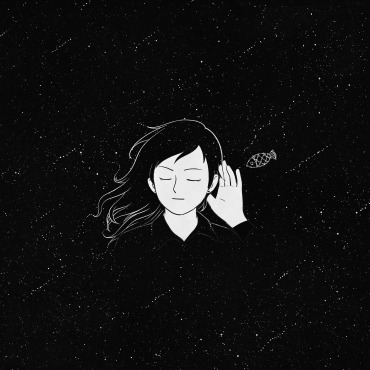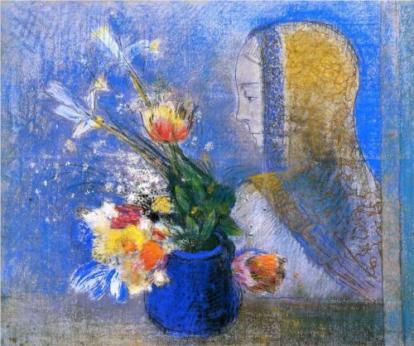
When Time Dissolves
by Cristina M.R. Norcross
When life gave us lemons,
I used my creative energy
for something good.
I knit 20 scarves,
giving them away for birthdays,
or in celebration of chilly Tuesdays.
I filled our kitchen with the scent of
garlic, boiling pasta,
fresh basil from the pot by the window,
and roasted Roma tomatoes.
In the summer, I gently plucked
the stems of the greenest mint leaves,
adding them to ice water
with sliced cucumbers and lime wedges,
for a cooling, softly scented drink.
Only our finest cup and saucer
would do for an afternoon brew
of ginger-turmeric tea.
It eased the stomach,
a soothing tonic for tension
and troubles.
I have discovered that there is a recipe
for life
that includes multitudes:
a pinch of patience,
my deepest gratitude for existing here,
a mountain of forgiveness,
for healing old wounds,
a love for others and myself
that is bigger than any measuring cup
can hold,
and the ability to let go,
allowing arms to drift to my sides
in surrender,
an attempt to dissolve
all that has passed
into something holy.
PHOTO: Summer cooler by Alina Yudina.
NOTE FROM THE AUTHOR: Whether it’s making a scarf, or a pot of ginger-carrot soup, the act of creation always seems to keep things calm during times of crisis. It gives you something to do with your hands. It gives you something to hold. There are certain chapters in our lives when we have no choice but to grow. During the pandemic, our family dealt with great loss, as well as some major transitions. There is a recipe for coping with tragedy, for moving from one stage of life to the next. It involves remembering how deeply connected we are to each other and being thankful for that. It is an act of creation.

ABOUT THE AUTHOR: Cristina M. R. Norcross is the editor of the online poetry journal Blue Heron Review and the co-founder of Random Acts of Poetry and Art Day. Author of nine poetry collections and a multiple Pushcart Prize nominee, her most recent book is The Sound of a Collective Pulse (Kelsay Books, 2021). Cristina was featured in the Poem-A-Day series for the Academy of American Poets. Visit her at cristinanorcross.com.









 ABOUT THE AUTHOR: Debra Kaufman is the author of the poetry collections
ABOUT THE AUTHOR: Debra Kaufman is the author of the poetry collections 










